We live in times where well-being has become a primary issue for everyone, every time people are more involved in finding new ways that help them strengthen body and mind, therefore, alternative or complementary therapies have had an incredible emergence. In this area, music therapy is one of the oldest and most interesting practices.

Let's start by defining it in a formal and concrete way: Music therapy consists of the use of music and / or its elements (sound, rhythm, melody and harmony) to strengthen the processes of communication, learning, expression, coordination and other therapeutic objectives. The physical, mental, social and cognitive needs are attended by a qualified music therapist, who is in charge of creating an ideal treatment for each patient. Yes, there is a scientifically proven process behind this therapeutic system, which belongs to the group of creative therapies, which includes: dance therapy, art therapy, poetry therapy and psychodrama.
In fact, experts say that it is not an alternative therapy, since it has a systematic application with defined results. For example, its use in the treatment of autism has achieved successful performance and has become a widely recommended tool.
It is an effective option that can contribute to our well-being without side effects. Here we share 3 fundamental aspects where music therapy can help you improve.
1. In the cognitive aspect, it stimulates concentration and sustained attention, facilitates learning, develops creativity and strengthens memory, in addition to stimulating reflective capacity.
2. At the body level, it allows us to discharge physical tensions, reducing anxiety and stress. In children, it stimulates movement, coordination and proper psychomotor development.
3. On the emotional side, it works to strengthen the ability to manage emotions, cope with losses, work on confidence and self-esteem.
Music therapy is one of the best examples of practices that help achieve the integral well-being of people of all ages.

















